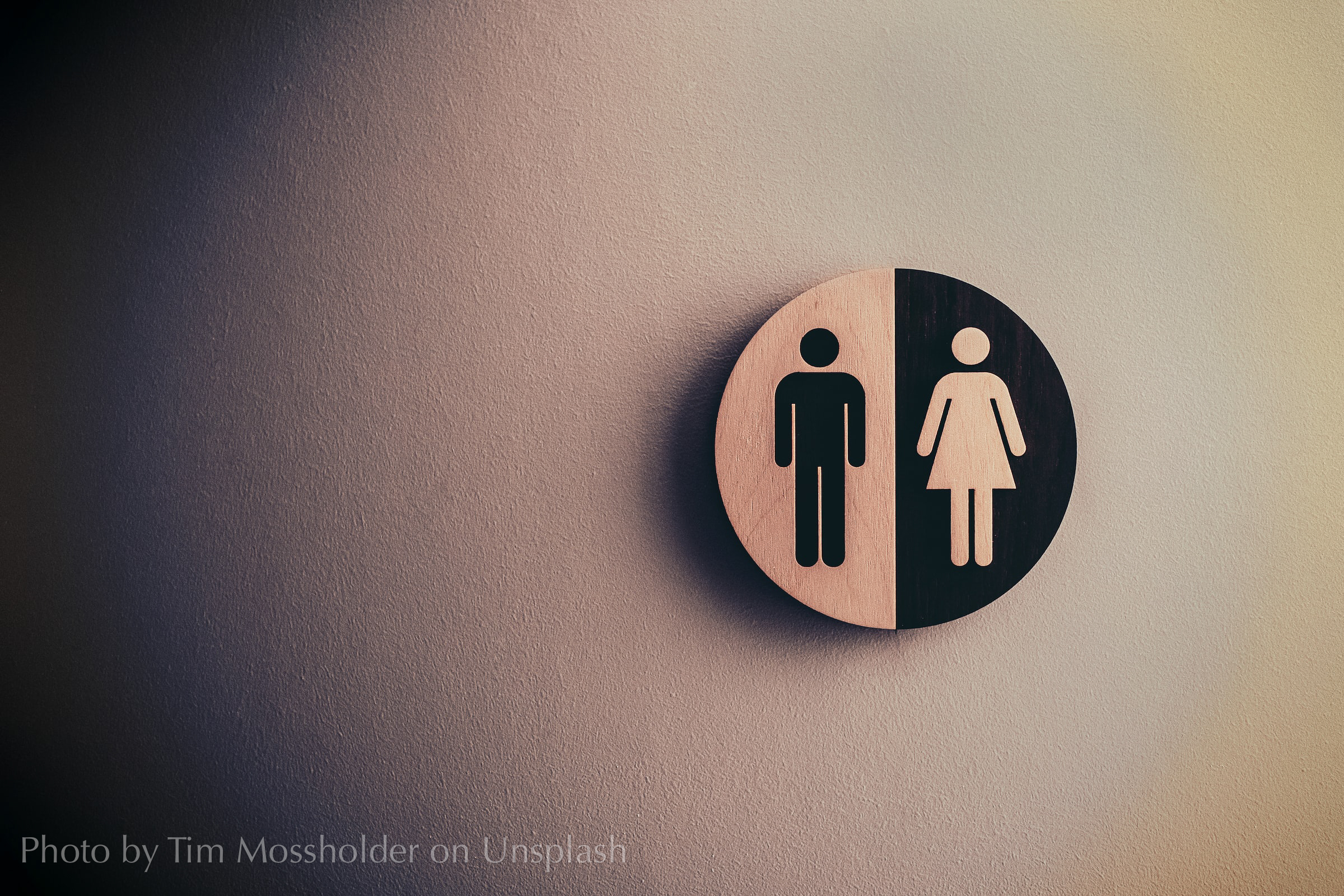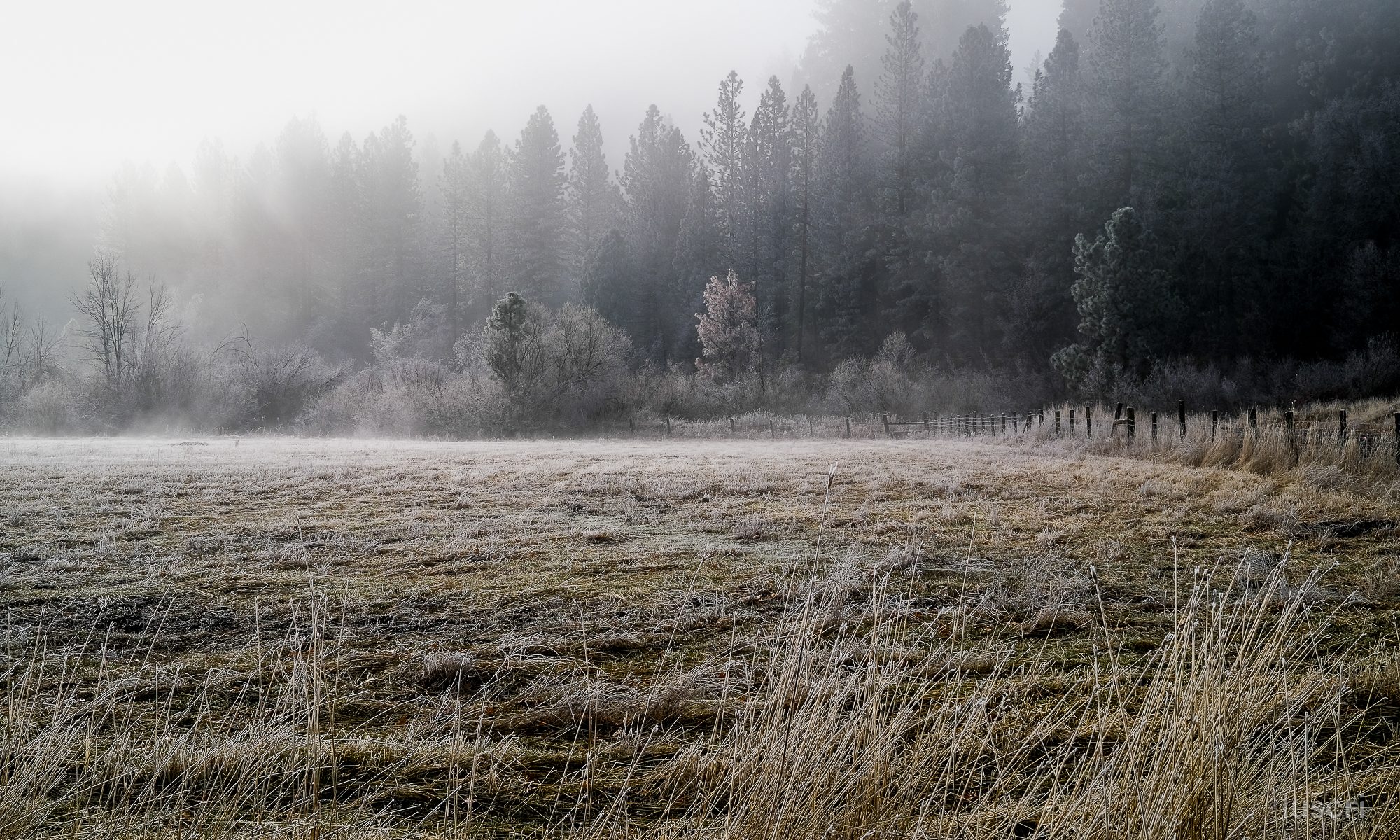
Bless Dylan Mulvaney’s heart. I don’t mean this in a snarky or dismissive way. I mean it in a way that offers compassion and an embrace of reality. With respect for his determination, Mr. Mulvaney is attempting the impossible.
Scientifically and biologically speaking, no matter how many hormone treatments and surgeries he goes through, the chances of him becoming a woman are equal to his becoming Audrey Hepburn. Zero and zero.
The man is hardwired to be a man. His maleness is as deep as it gets. It’s in his DNA. It’s molecular. In truth, no amount of want to can make him a woman. Conversely, the same goes for Elliot Page, formerly Ellen, regarding her desire to be a man.
In truth, Dylan and Elliot are talented, charismatic, beautifully-created people who’ve been hoodwinked by desire and delusion. Neither can do diddly to change who they are, who they’re made to be.
Deepening the delusion
What is our responsibility to those who desperately want to be something they’re not? Should we enable them to pursue irreversible medical procedures with a “You do you” or “Follow your heart”? Do we do like Kamala Harris and salute Dylan’s courage to live authentically.
What happens when Dylan and Elliot wake up in 40 years and wonder what in the world they did to themselves? Lest this seems like an overreaction, consider people who regret getting botox or breast enlargements or chest implants. Why wouldn’t many who undergo gender reassignment regret something that’s irreversible?
The suppressed truth is that many “trans” people do regret their genital mutilation and hormone treatments. As they age and their bodies react to radical attempts to re-gender themselves, they deeply regret what they’ve done medically.
And for what? For an absolute lie. In truth—literally—transgenderism is a delusion. It’s an absurdity made possible by our seemingly modern understanding of truth. Here’s the hitch: One’s “truth” is utterly useless when grappling with a world built on immutable laws.
In transgenderism, subjective truth seeps into the ironclad realm of reality. When it comes to realizing one’s transgender truth, reality is rendered meaningless. Desire is everything.
Since the tragedy of the school shooting in Nashville, the de-gendering delusion—and its enabling—has deepened dangerously. Last Thursday, protestors descended on the Tennessee capitol to decry our collective transphobia—our “fear” and rejection of the impossible.
Incredulously, protestors held up seven fingers to symbolize the six victims of Audrey Hale’s shooting spree. Six plus Audrey, you see. According to them, she is a victim. A society that fears transgenderism victimized her.
Making victims of victimizers
Audrey Hale was a shy girl with a beautiful smile who stockpiled guns and ammunition. Reportedly, she hid them from her parents while undergoing emotional counseling. Then she exploded in a suicidal shooting spree.
She murdered six people, three of whom were children. How did pundits handle this story? After correcting themselves for gendering and misgendering her, they focused on Tennessee’s recent legislation that makes it more difficult for minors to get gender reassignment treatment and surgeries.
Partisan editors and journalists routinely spin such measures as “anti-trans.” They claim that trans people are being denied care. Manifoldly worse, they lend legitimacy to people who called for a “Trans Day of Vengeance.” And they label those who embrace biological reality “transphobic” and “alt-right.”
Media members suggest that intolerance may have played a role in Audrey Hale’s decision to kill children—the intolerance of people like Hale’s Christian parents.
Did legislation and parenting push Audrey to murder and seek suicide by cop? Did she truly think she had no other option? The victimizer was also a victim, you see. What serious society considers a 28-year-old who guns down six people a victim of her own crime?
Rogers and Rowling are right
Mister Rogers was right. So is JK Rowling. No amount of desire—no matter how fervent—can make a boy a girl. Either notion would be laughable in any other reasonable time in history.
Sadly trans people feel like they belong to a gender other than the one they’re “assigned” at birth. They disagree with their own bodies, with self-evident norms for one of two genders. They feel like members of a different gender. Some women want to be men and vice versa.
Thankfully, desire is not enough. It can’t be. No matter how deeply Audrey Hale wanted to be a man, she could never alter her DNA blueprint. Even had she undergone hormone treatments and surgeries, she would’ve only succeeded in masculinizing herself.
A natural body—male or female—is beautiful. A butchered one is tragic.
“I wanna fly like an eagle,” sings Steve Miller. But no matter how much he wants to fly to the sea, he can never be a bird. He’s a human being and a talented musician. He’s also a man—genetically and deep in his DNA.
Dylan Mulvaney is a popular singer, actor and influencer. He exudes charisma. But though he can look somewhat like Audrey Hepburn, he can never share her gender. He’s a feminized man. Nothing can change that genetic fact.
Should we affirm people for what they want to be rather than what they are? That’s the worst thing we can do. We should affirm them—as they’re made to be. There’s nothing toxic or hateful or fearful in affirming someone as he or she is and will always be. It’s not toxic to accept reality and reject fantasy.
Here’s what’s toxic to any society:
Toxic transgenderism
It’s toxic to denigrate courage by misapplying it to delusion and dismissing the reality that someone desperately needs mental and emotional care.
It is toxic to embrace someone’s delusion in order to pander and profit. Anheuser-Busch making Mulvaney a spokesperson for Bud Light is tasteless and tacky. It’s also poor marketing.
It’s hard to imagine their blue-collar base being energized by a dude in a dress sipping a Bud with delicately gloved hands. It looks like a bad move and a willful ignoring of their target audience.
It’s toxic for politicians to welcome a deluded social media influencer to the White House and enable him with a gushing letter of congratulations for his pretend womanhood while championing the “rights” of biological men to crush the hopes and dreams of female athletes.
It is toxic to subject women and girls to the predations of men who prowl in public restrooms and who derive sexual arousal and satisfaction from fulfilling fantasies as make-believe women. In truth, transgenderism, for men, is inextricably tied to sexual fantasy.
Gunning for guns
It’s toxic to use school shootings to target the Second Amendment freedoms of law-abiding Americans by pretending (or deluding oneself) that inanimate objects with metal and muzzles kill anyone independent of evil people aiming and pulling triggers. It’s also toxic—and divisive—to demonize good people with guns.
It is toxic to resist those who call for security guards in schools to dissuade killers like Audrey Hale. Especially if reports are accurate that she avoided one school as a potential target because it had armed security personnel.
It’s toxic for congressional representatives to tweet memes of people holding weapons and claiming to protect trans people from transphobes who wish them harm.
It is toxic to subject a society to the biological absurdity that insists that men and women can swap genders through medical modification. It’s tyrannical to try to force people to not only accept the trans delusion, but to celebrate it.
It seems cynical, self-serving and political when a political party ignores incontrovertible truths regarding gender and helps facilitate an entirely new victim group while refusing to protect children from trans ideology—and women.
It is indeed a strange new world we find ourselves in—and not a brave or compassionate one. Dylan Mulvaney and Elliot Page should be loved and offered help, not enabled. A compassionate society embraces people, not delusion.


